For Pakistan, the challenges are manifold. While it may want to go ahead with the Iran-Pakistan pipeline project, it cannot afford to annoy Washington, not just because it would risk economic sanctions but also because US support is important in the context of assistance from the IMF.
Iran has sent a notice to Pakistan that it should complete its part of the Iran-Pakistan pipeline (a 1,900-kilometre project) or else it will go to arbitration, and Pakistan will need to pay billions of dollars in penalties (Pakistan could be fined up to $18 billion for violating its part of the agreement).
The Iran-Pakistan pipeline was inaugurated in 2013, and Pakistan did not proceed with the project due to US sanctions imposed on Iran. In 2014, Islamabad had requested a 10-year extension to finish the project in 2014, and the extension is likely to expire this month.
Also Read: Strengthening Para-Diplomacy: The Growing Role of Indian States in Global Economic Relations
In February, Pakistan announced that it would go ahead with the construction, despite the United States issuing a categorical warning against it in March 2024. On September 3, 2024, Matthew Miller, US Department of State spokesperson, also warned Pakistan against any business dealings with Iran saying this could lead to “sanctions”.
On September 4, 2024, Pakistan Federal Minister for Petroleum Musadik Malik commented on the Iran-Pakistan pipeline project: “This is a deeply complicated matter and involves international sanctions.”
Pakistan-Iran tensions
Earlier this year, tensions between Iran and Pakistan escalated after Iran conducted strikes on Pakistani territory, targeting the Baluchistan-based Jaish-Al-Adl group, which was allegedly responsible for the killing of 11 police officers in Iran’s Sistan-Baluchistan province. Two days later, Pakistan retaliated by attacking suspected hideouts of the Baluchistan Liberation Army and the Baluchistan Liberation Front in Iran. In response, Islamabad recalled its ambassador from Tehran. However, days later, the foreign ministers of both countries engaged in talks to de-escalate tensions and restore diplomatic ties.
Pakistan’s strained ties with neighbors
While Pakistan has strained ties with India and Afghanistan, strains with Iran will further increase its foreign policy challenges within the neighborhood. In the aftermath of the recent terror attacks in Baluchistan, in which 70 people were killed, Pakistan had blamed not just the Baluchistan Liberation Army and Baluchistan Liberation Front, but also the Tehreek E Taliban Pakistan (TTP) which Pakistan alleges has become more active after the Taliban came into power in Afghanistan in August 2021. Islamabad has repeatedly spoken about the rise in terror attacks after the takeover by the Taliban. In 2023, the interim Prime Minister Anwaar-ul-Haq Kakar said: “During the last two years when Afghan Taliban returned to power, terrorist attacks have increased by 60% while suicide attacks increased by 500% in Pakistan.”
It is important to note that recent terror attacks in Baluchistan, including those targeting Chinese nationals, have led to a slowdown in the China-Pakistan Economic Corridor (CPEC). China has repeatedly demanded enhanced security for its citizens working in Pakistan. Speaking at the third meeting of the Pakistan-China Joint Consultative Mechanism, Liu Jianchao, Minister of the Central Committee of the International Department of China, emphasized: “Security threats are the main hazards to CPEC cooperation. As people often say, confidence is more precious than gold. In the case of Pakistan, the primary factor shaking the confidence of Chinese investors is the security situation”.
Also Read: Operation Prosperity Guardian: West Asia in Splits
March 2024, had witnessed three terror attacks targeted at China. The first was an attack on the Chabahar Port (Baluchistan) built with Chinese assistance. In the same month, a naval base in Baluchistan Province was also targeted, and finally, in a dastardly suicide attack, Chinese engineers working on a hydropower project, in Khyber Pakhtunkhwa (KPK Province), funded by Beijing were killed (in July 2021 a terror attack in KPK province had killed 9 Chinese nationals).
For Pakistan, the challenges are manifold. While it may want to proceed, it cannot afford to risk angering Washington—not only due to the threat of economic sanctions but also because US support is crucial, particularly for securing financial aid like the $7 billion loan from the IMF. Islamabad has only recently managed to restore its ties with the US, which had soured after then-Prime Minister Imran Khan’s visit to Russia during the Russia-Ukraine conflict. Khan, leader of the Pakistan Tehreek-e-Insaf (PTI), had accused the US of orchestrating his ouster, though he later stated that Pakistan would maintain cordial relations with Washington if he returned to power. Failing to fulfill its obligations regarding the pipeline would not only worsen Pakistan’s energy crisis but could also lead to fines and further strain relations with Iran. This situation, both economically and geopolitically, poses serious dilemmas for Islamabad, especially as it grapples with other pressing challenges in its foreign and economic policies.
Disclaimer: The views expressed in this article are solely those of the author. TheRise.co.in neither endorses nor is responsible for them. Reproducing this content without permission is prohibited.
About the author
Tridivesh Singh Maini is a New Delhi-based Policy Analyst. He is faculty member of OP Jindal Global University, Sonepat, Haryana.

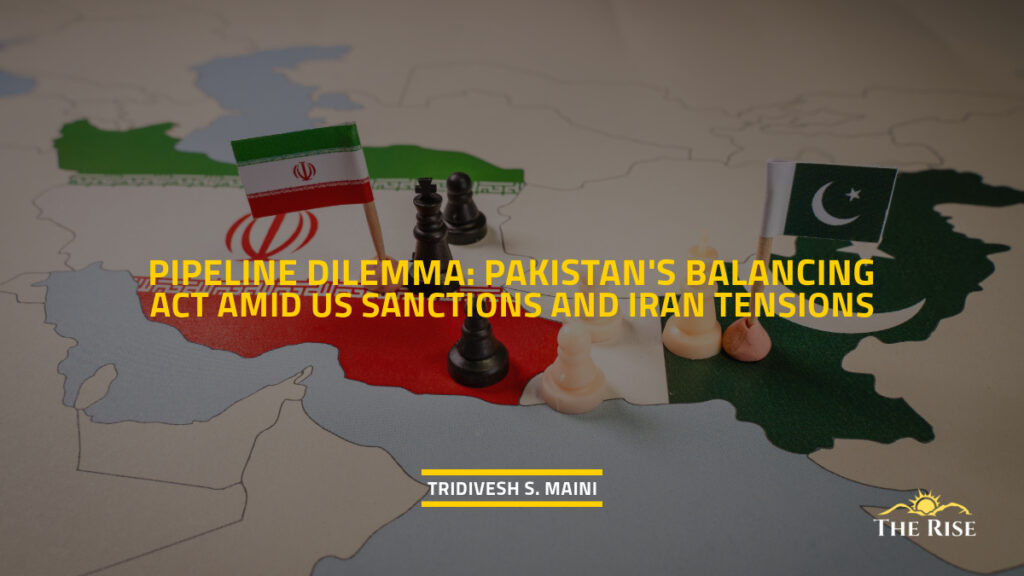























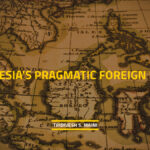







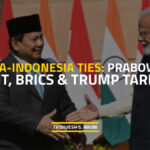



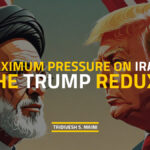









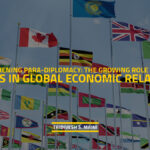


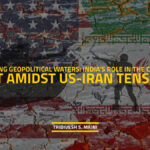
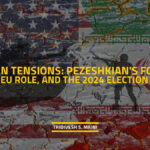



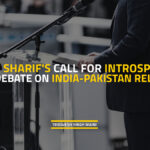











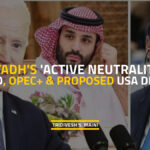
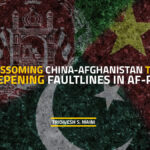










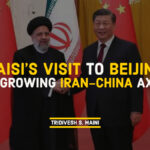







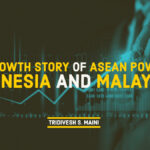


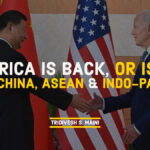

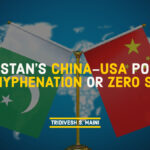
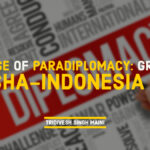

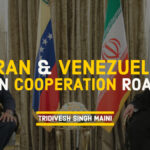

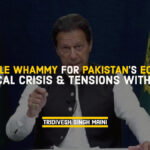



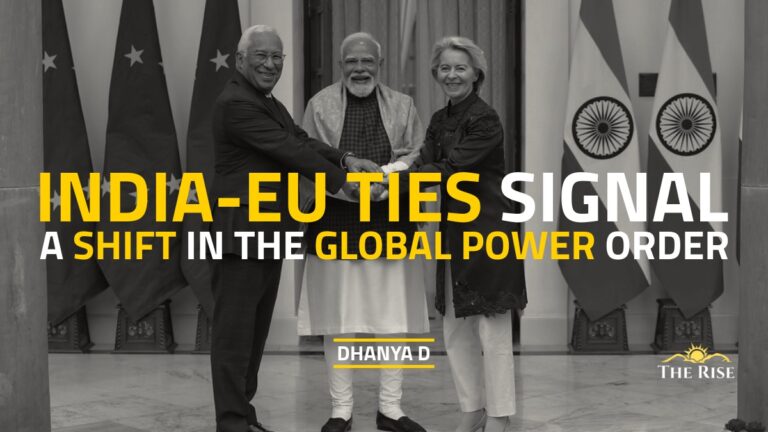
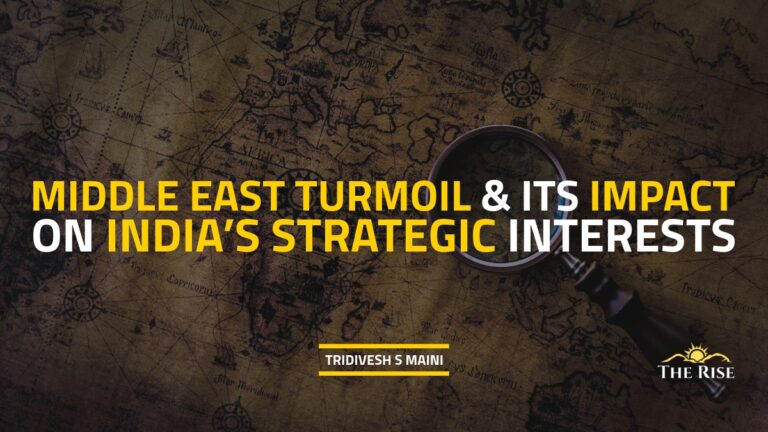
Pingback: US - UAE Strengthen Ties - TheRise.co.in